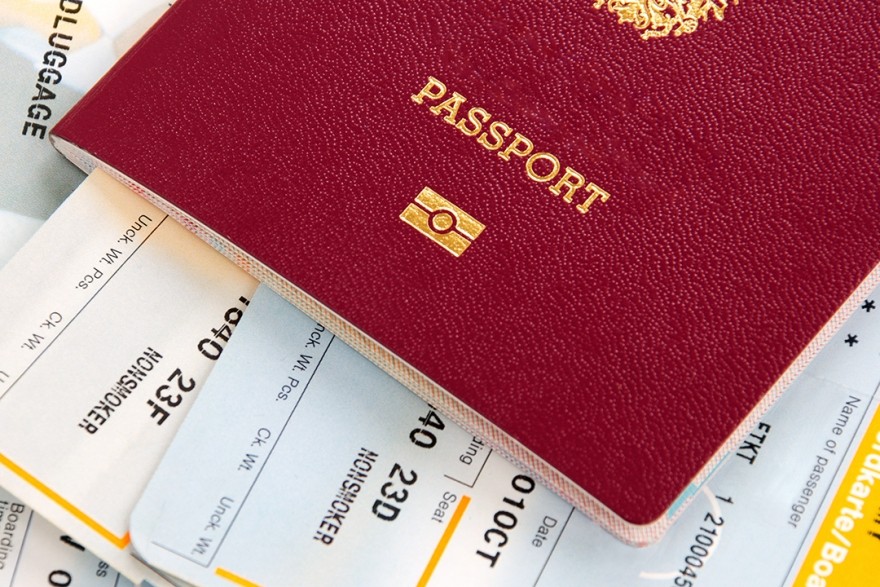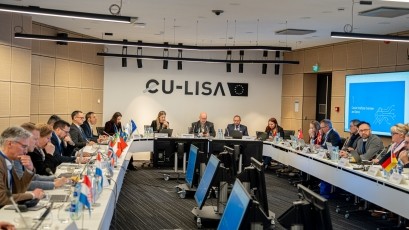Actions

On 5 September 2018 the Council adopted a regulation establishing a European travel information and authorisation system (ETIAS). ETIAS will allow for advance checks and, if necessary, deny travel authorisation to visa-exempt third-country nationals travelling to the Schengen area. It will help improve internal security, prevent illegal immigration, protect public health and reduce delays at the borders by identifying persons who may pose a risk in one of these areas before they arrive at the external borders.
Functioning of the system
The system will apply to visa-exempt third country nationals. They will need to obtain a travel authorisation before their trip, via an online application. For each application, the applicant will be required to pay a travel authorisation fee of 7 euros.
The information submitted in each application will be automatically processed against EU and relevant Interpol databases to determine whether there are grounds to refuse a travel authorisation. If no hits or elements requiring further analysis are identified, the travel authorisation will be issued automatically and quickly. This is expected to be the case for most applications.
Before boarding, air carriers and sea carriers will need to check whether third country nationals subject to the travel authorisation requirement are in possession of a valid travel authorisation.
Next steps
The Council and the European Parliament now need to sign the adopted regulation. The signed text will be published in the EU Official Journal and will enter into force 20 days later. eu-LISA, is expected to start building the new system, which should be operational by 2021.


